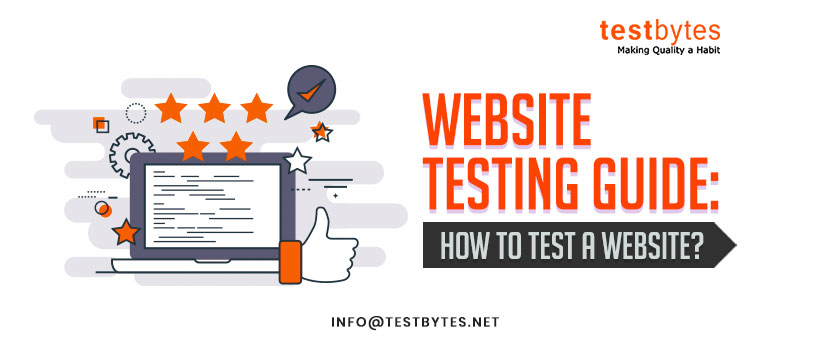
Unit Testing vs Integration Testing : What’s the Difference?
November 10th, 2017

Unit Testing vs Integration Testing! Do you know what’s the difference between unit testing and integration testing?
Both of them are essential in the development phase as unit testing will evaluate the code you have written for particular feature means while integration testing will ensure that it’s working fine with the rest of the system.
But the difference doesn’t end there.
Let’s make an inch to inch comparison between both the process. Unit Test vs Integration Test!
1) What is UnitTesting:
- Tests that are conducted by developers for a particular unit of code such as module or component that has been developed by them
- One of the most effective and simple way to determine if the individual units of source code that are being tested are perfect and ready to use
- Helps in cutting down the cost of bug fixes as the bugs are identified during the early stages of the software development life cycle (SDLC)
2) What is Integration Testing:
- A type of testing that tests a product in terms of the integration between its modules
- Its one of the most effective software testing techniques in which the individual units of a program are combined and tested as a group
- Executed with the help of test stubs and test drivers that assist in its easy execution
Unit Testing vs Integration Testing – The Differences.
Both these forms of testing have their own significance but it is important to understand the difference between the two:
1. Aim
Unit testing tests each part of the program individually so as to ensure that each of them perform correctly. Whereas, integration testing combines the modules and test them as a group for their optimum functionality.
2. Time of testing
Unit testing is independent and can be performed at any point of SDLC. On the other hand, integration testing is conducted after unit testing is completed and system testing begins.
3. Sub-Divisions
Unit testing cannot be sub-divided whereas integration testing can be divided into top-down integration, bottom-up integration and so on.
4. Integration Errors
Unit testing cannot identify integration errors, or other system-wide errors that exist. Whereas, integration testing can identify all sorts of errors as its purpose is to test and identify errors in modules.
5. Specification
Unit testing begins with the specification of the modules whereas integration testing begins with interface specification.
6. Type of Testing
Unit testing is a form of white-box testing, which refers to testing of internal structure of a program or application. Whereas, integration testing is both white-box and black box testing.
7. External Dependencies
Unit testing does not examine whether a program code works properly with external dependencies whereas integration testing tests the code on the same parameters.
8. Maintenance
Conducted by the software developer oneself, testing a program using unit testing is cheaper as compared to integration testing which is executed by a team of testers.
Unit and Integration Testing are Equally Important
Both these forms of testing have their own importance as the absence of one might impact the overall performance and development of the product.

While unit testing ensures that optimum quality during the development phase of the product, integration testing ensures that there are no errors pending after the development of different modules.
Moreover, identifying the errors during integration testing raises the need for conducting unit testing again so as to identify the specific error in the program.
Therefore, to ensure the premium product delivery, it is better and advisable to keep implementing both these forms of testing as and when required.


 Software Testing Events
Software Testing Events App Testing
App Testing Web App Testing
Web App Testing Game Testing
Game Testing Automation Testing
Automation Testing Load Testing
Load Testing Security Testing
Security Testing Performance Testing
Performance Testing Hire a Tester
Hire a Tester






